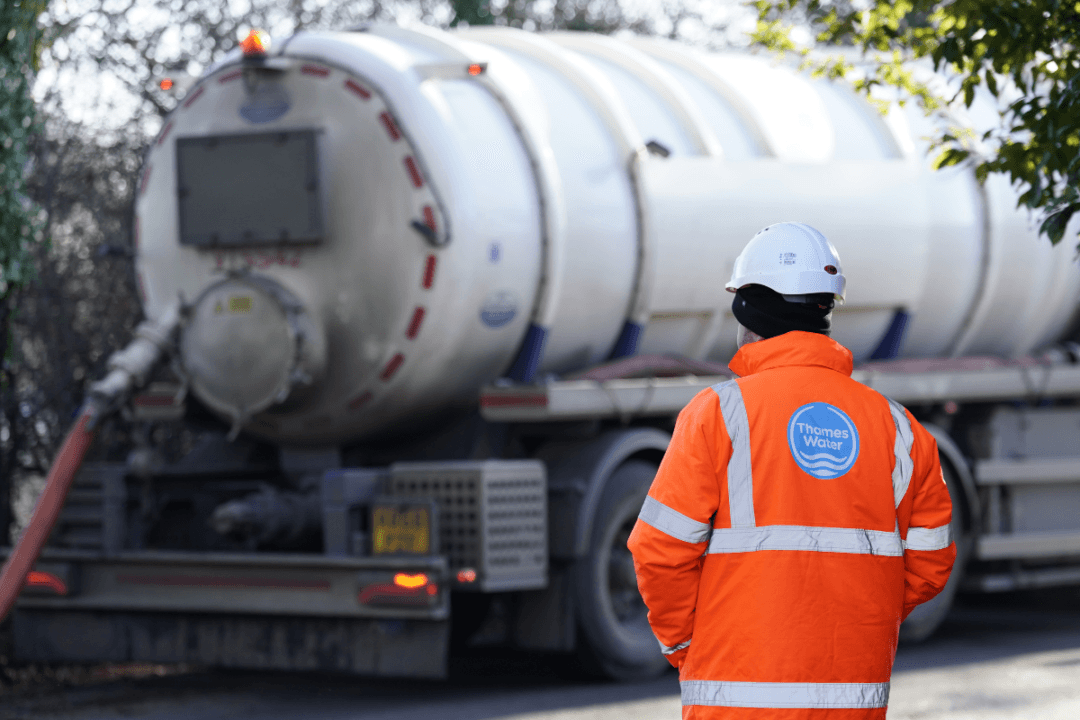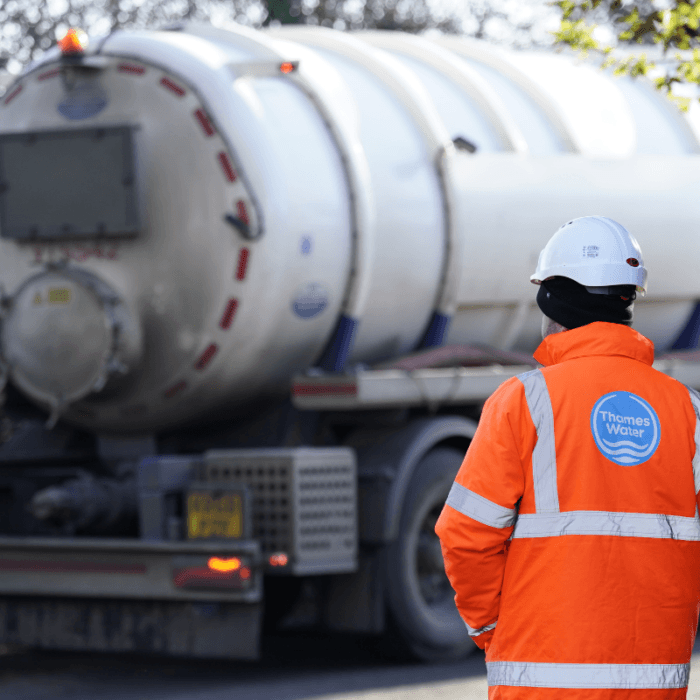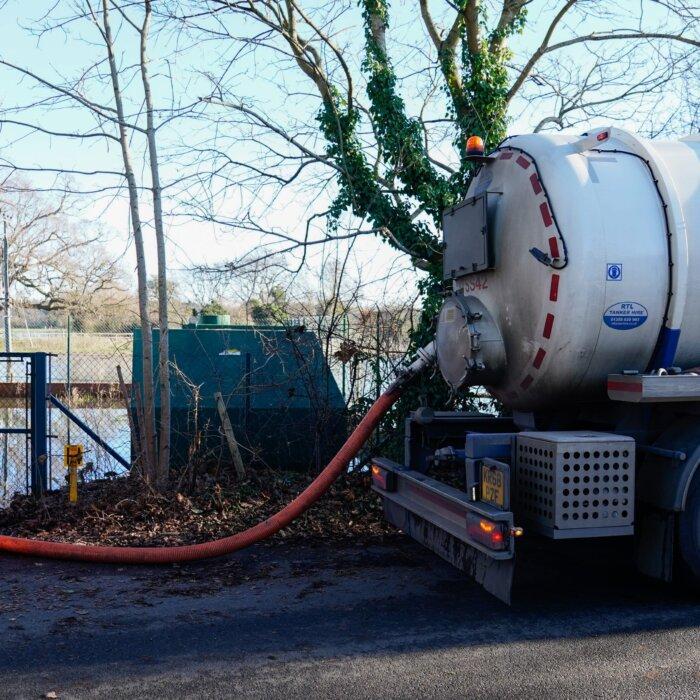Water companies will be required to pay “significantly” higher compensation to customers and businesses affected by service failures, the government has announced.
The new and increased compensation will be compulsory for water companies in the event of issues like supply outages, sewer flooding, or low water pressure.
The Department for Environment, Food, and Rural Affairs (DEFRA) said on Tuesday that a reform of payment rates, unchanged since 2000, was “long overdue.”
Under the changes, issues like low water pressure could see payments of up to £250, compared to just £25 currently available. Water companies could also be required to pay up to £2,000 or more for internal flooding from sewers, compared to £1,000 under current rules.
The decision follows a number of disruption cases across the country, including supply interruption in South Staffordshire and poor water quality in Brixham, Devon.
Secretary of State for Environment, Food, and Rural Affairs Steve Reed said that customers have “too often been let down by water companies.”
Guaranteed Standards Scheme
Under the Guaranteed Standards Scheme (GSS), there is no statutory requirement for water companies to offer customers compensation in case of supply interruptions.A public consultation on changes to the scheme showed overwhelming public support for more comprehensive protection from service disruption for customers in England.
As a result of the consultation, DEFRA will bring forward secondary legislation to update the GSS.
The changes will expand the list of circumstances triggering compensation to include Boil Notices, issued by water companies when the water supply may be contaminated and unsafe to consume.
The list will also include incidents when firms fail to conduct meter readings or installations as promised.
Mike Keil, chief executive of the Consumer Council for Water, said the GSS is “not fit for purpose” and in need of “long-overdue improvements.”
Poor Performance
Last month, water firms in England and Wales were ordered to return more than £150 million to customers over their poor performance in pollution, leaks, and customer satisfaction.Regulator Ofwat said the money will come off bills for households and businesses across 2025 and 2026, with the final rebate to be determined in December.
Ofwat said that the sector underperformed in reducing internal sewer flooding and recorded the lowest level of customer satisfaction since 2020–2021.
The industry has been under fire in recent years over poor environmental performance and waste spills.
Thames Water
Thames Water, England’s biggest water company with about 16 million customers, faces a nearly £16 billion debt and needs £3.3 billion over the next five years to keep running.A High Court hearing on Tuesday heard statements from two groups of creditors, who are in dispute over how best to keep Thames Water afloat.
Lawyers for Thames Water Utilities Holding Ltd, part of the Thames Water Group, informed the court that creditors holding over 75 percent of its Class A debt—the least risky bonds, valued at around £11.5 billion—have approved a restructuring plan.
This plan, known as the “A plan,” involves a £3 billion loan at a 9.75 percent interest rate.
The plan faces opposition from a secondary group of creditors holding approximately £750 million in riskier Class B bonds, who argue for an alternative “B plan” with a similar £3 billion loan but on different terms.
The dispute arises as Thames Water awaits a critical decision from Ofwat this week on whether it can raise customer bills by 59 percent over the next five years.







